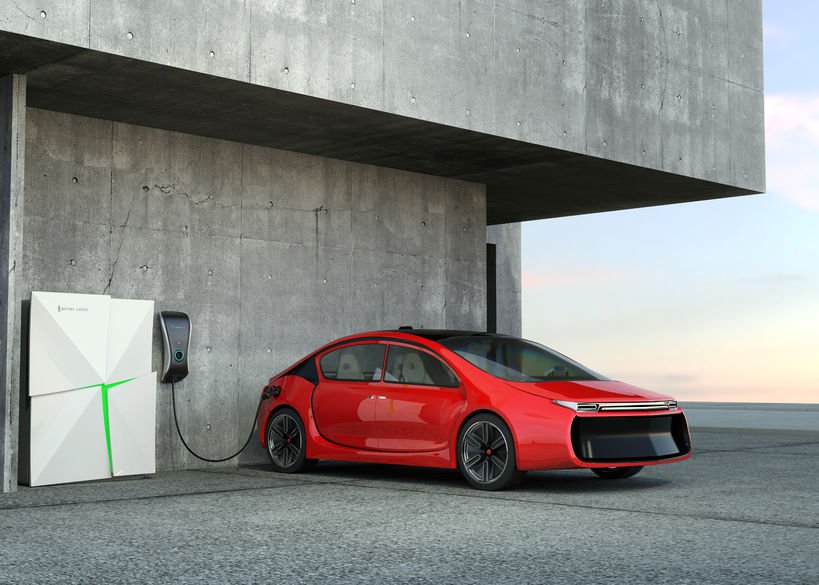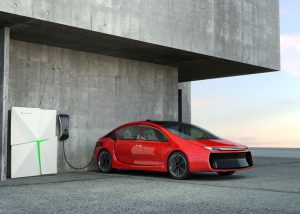Can we trust the silver bullet of technology to fix climate change? The prime minister seems to think so.
In a speech due soon, he is expected to pledge his faith in offshore wind power, solar, carbon capture, hydrogen, clean cars, and zero-emission aviation.
Clean technologies are clearly a huge part of any solution.
But the PM is being accused of techno-optimism bias, because he does not mention other key factors in reducing emissions.
In fact, experts say, tackling climate change will need action right across society and the economy – with a host of new incentives, laws, rules, bans, appliance standards, taxes and institutional innovations.
Wind farms could power every home by 2030 – PM
Covid crisis does little to slow climate change
The week Boris Johnson turned green, or did he?
They also warn that citizens’ behaviour must shift, with people probably driving and flying less, and eating less meat and dairy produce.
In other words, when it comes to cutting carbon emissions, there’s no silver bullet – it’s more like silver buckshot.
But Boris Johnson still seems to have a bandolero stuffed with technologies resembling silver bullets. Let’s see whether they’ll go with a bang.
Clean cars
Take cars. The prime minister is due to accelerate the transition towards battery- and hydrogen-powered vehicles.
But Professor Jillian Anable from Leeds University warns that even electric cars pose “their own problems that politicians seem reluctant to acknowledge.”
“Producing electricity and hydrogen requires huge numbers of wind farms or the like, and the cars themselves need resource-hungry tyres, and batteries.
Increase car taxes to help climate, advisers say
“They also need roads and parking spaces that could otherwise be used for gardens and trees that soak up carbon dioxide,” she said.
“The harsh reality is that we have to find ways to limit the number of cars and the amount that we drive them”
Hydrogen
There is widespread agreement that hydrogen will play a role in reducing climate change – but how much, and in what industrial sectors, is another matter.
A key question is whether it’s sourced from natural gas – which is expensive and, depending on the process used, can yield troublesome carbon dioxide as a by-product – or by using surplus wind energy to split water into hydrogen and oxygen. The latter process does the job cleanly but at still greater cost.
Jess Ralston, from the Energy and Climate Intelligence Unit think tank, said: “Hydrogen can power cars, but electricity seems to have won that technology race. It could heat homes, but electric heat pumps are emerging as a better bet.
“Hydrogen could be really useful, though, in industries such as steelmaking and in heavy transport – including buses that we’re already seeing. But it’s no silver bullet.”
Aviation
On aviation, the prime minister has launched his ambition to devise clean planes. He calls the project “jet zero”.
Industry figures appreciate his boosterish support, but critics warn “jet zero” mustn’t divert attention from the short-term need for rules and taxes to hold down aviation emissions after Covid.
British Airways owner cuts flight numbers again
Almost 900 airport job cuts blamed on Covid-19
Cait Hewitt from the Aviation Environment Federation told us: “No zero-carbon technology options are currently available for commercial aviation.
She explains: “Planes use masses of energy. Batteries aren’t powerful enough except for tiny planes, and we can only produce biofuels sustainably in small quantities.
“We need a major rollout of radical new technologies, and we need the capacity to remove remaining aircraft emissions from the atmosphere.
But she says that “given how far we are from delivering these things, we’ll also probably need to fly less.”
Nuclear
UK governments have agonised for decades about nuclear energy, but Boris Johnson recently gave it the nod.
That means he’s likely to either agree a financial package for a new station at Sizewell or for small modular reactors, or both.
Read more: BBC





